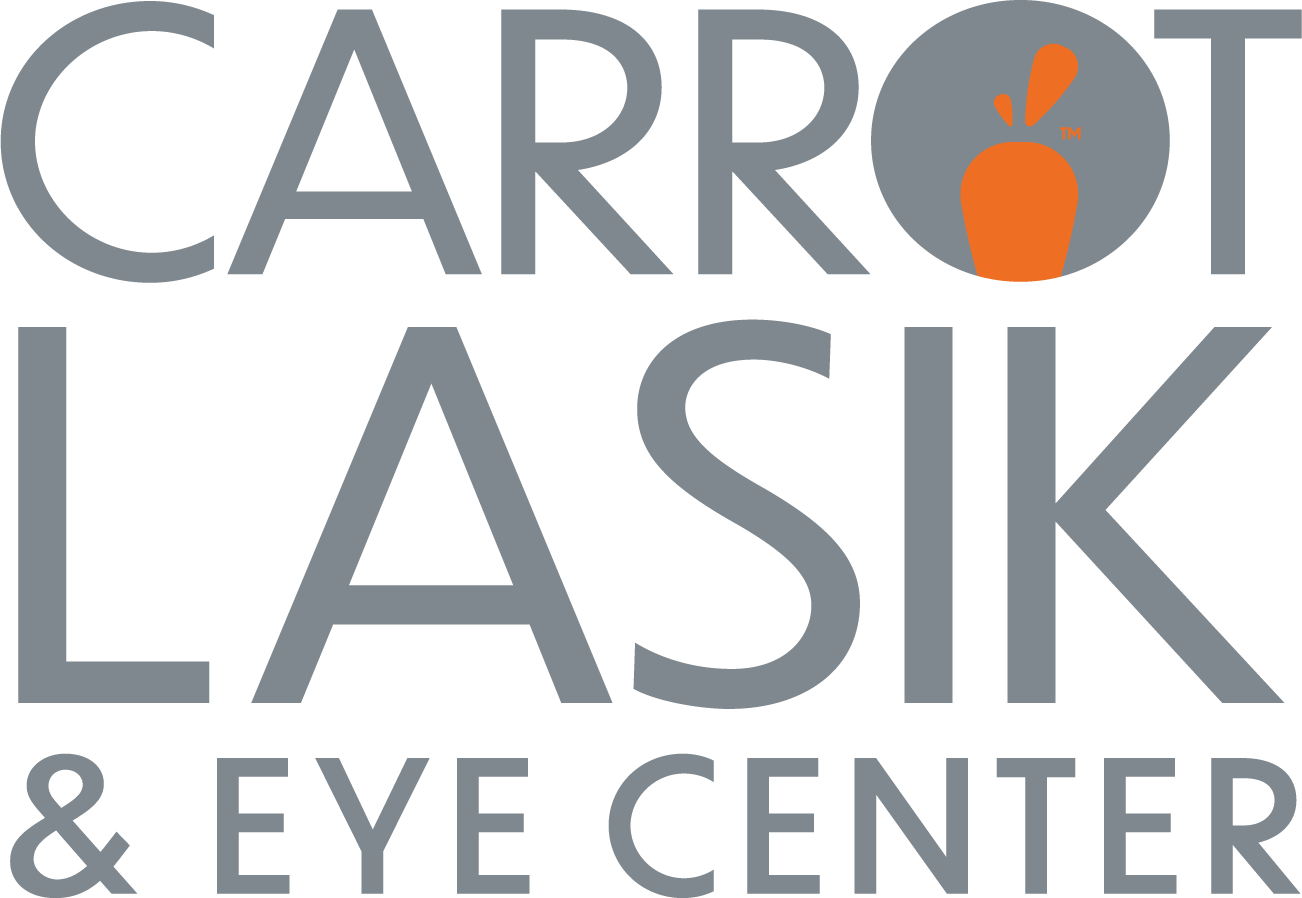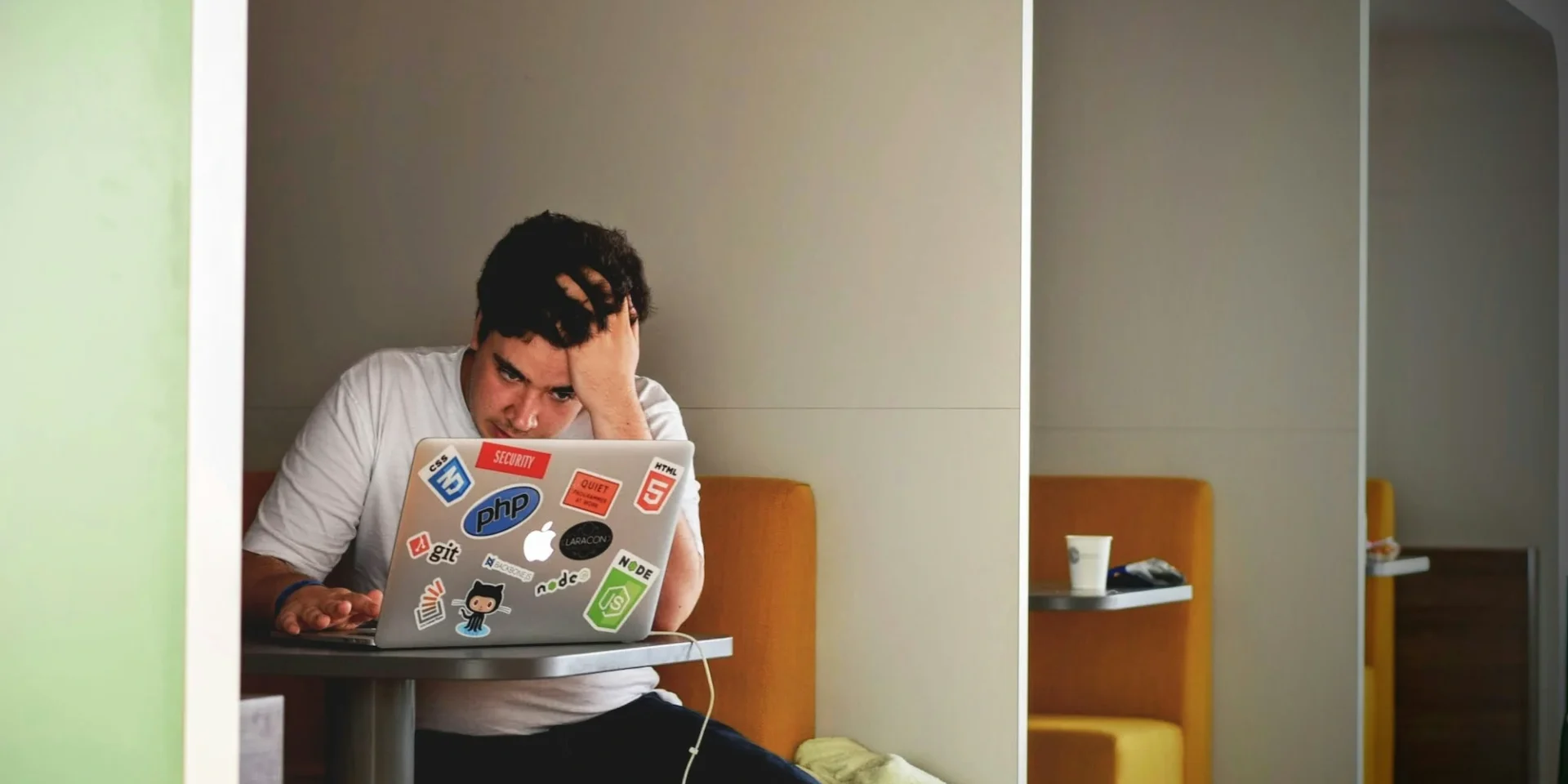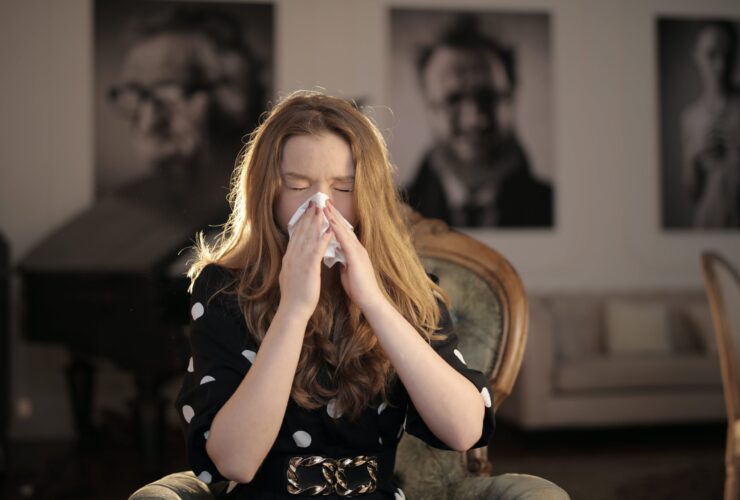I am sure we have all heard from a healthcare provider we have seen in the past that in order to live a long, fuller life, we must try to reduce our stress levels. Stress can increase the risk for many adverse health issues, such as high blood pressure, high cholesterol, diabetes, heart disease, obesity, stroke, and much more. Not only does stress affect our bodies physically, but it also affects us emotionally and mentally, increasing the risk of mental health issues, such as anxiety and depression. Okay, now that I have repeated some information that I am sure you have heard a thousand times, let me be the first to say that I would often tune out when my healthcare providers would start listing all of the terrible things that could happen to me if I didn’t reduce the stress in my life. As a mother to a medically fragile and disabled child, and as someone with many health issues myself, I would often scoff at those telling me to do activities such as yoga to “calm down”. However, having worked in ophthalmology has taught me quite a bit about stress, and I have been able to see the physical manifestations of stress in the human eye, and how it can change a person’s vision. I will speak for myself, but what I have found throughout my life is that until I have proof of something, like stress affecting the body, I often don’t believe it until I see it. Working in healthcare has shown me the true repercussions of stress on the body, vision, and how it is something we should try to manage as much as possible to improve our lives.
In this post, I thought it would be important to discuss the impact that stress can have on a person’s vision, and while I will discuss several issues that can present themselves, I am going to focus on one condition in particular: Central Serous Chorioretinopathy (CSR). While there are other eye conditions that can be exacerbated by stress, CSR is a serious eye condition that can be caused directly by stress. Before we dive into CSR, and other eye conditions that can worsen due to stress, I want to state, as always, that this post is not seeking to serve as medical advice, but rather to provide some insight into stress and vision. The human body is complex, as is stress, so it is important that if you are experiencing any of the issues in this post, or if you are concerned about your health or wellbeing, that you seek medical attention as soon as possible. Here at Carrot LASIK and Eye Center, while we generally help you with your eyecare needs, we also care about you as a whole, and if there is any way we can help, we will do everything in our power to do so. So, let’s start with discussing eye conditions and eye issues that can be exacerbated by stress.
Your Eye Conditions and Stress
Just like with any systemic issue or condition a person has, eye conditions can also be worsened by stress in a person’s life. Stress can affect people in many different ways, ranging from minor manifestations, to life-altering behavioral changes and actions, such as substance abuse. Regardless of the severity of the stress in a person’s life, if anyone is under an amount of stress for an extended period of time, they will often have a rise in their blood pressure, even if it is just temporarily. Now, while high blood pressure is a systemic condition, meaning it affects many parts of the body, it is also one that can greatly affect the blood vessels in the eye. High blood pressure is an extremely common condition, however, it is a condition that can sometimes be reversed or prevented, either by medications, or lifestyle changes; such as reducing stress. Because high blood pressure can affect the eye, causing conditions such as Hypertensive Retinopathy, which causes damage to the retina, it is imperative that learning how to relieve stress becomes a part of the treatment plan for those with the condition. There are also two other conditions, specifically eye conditions, that can worsen due to stress, so lets take a look at those:
Glaucoma
Glaucoma is a disease that damages the optic nerve due to elevated intraocular pressure, which is the pressure inside of the eyeball itself. There are different kinds of glaucoma, and although it is not a condition that is fully understood, what doctors do know is that extended spikes in intraocular pressure can cause permanent damage to the optic nerve, in turn causing peripheral vision loss. When a person experiences long periods of stress, intraocular pressure can rise, raising the risk of permanent damage being done to a person’s vision. While stress is not associated with causing glaucoma, it is a risk factor for those with the condition to take into consideration when devising a care plan with their doctor.
Dry Eye Syndrome
While there is not a widely understood connection between stress and dry eye, or other surface diseases, those with these types of conditions can sometimes find their symptoms become exacerbated when under increased levels of stress. Also, certain medications for mental health conditions, like anxiety and depression, such as SSRIs can cause symptoms of dry eye and dry mouth, further increasing the risk of dryness.
Along with exacerbating eye conditions that some of us may already have, stress can also cause other eye issues, such as twitching eyelids and blurred vision. These issues, while at times benign and not indicative of other issues, can also be indications of other eye conditions, so it is important that any time you believe you are having a health or eye-related issue, that you see a healthcare provider as soon as possible. Speaking of blurred vision, I think it is time that we get into the main condition of this article; CSR.
Central Serous Chorioretinopathy: Signs and Symptoms
Central Serous Chorioretinopathy, also called Central Serous Retinopathy, is often referred to as CSR in the medical field, and is a form of retinopathy, as the name denotes. Retinopathy is a fairly broad term that refers to conditions that cause damage to the retina, the sensitive tissue in the back of the eye that sends information to the brain, so a person can see. The retina is made up of ten layers, all of which contribute to a person’s sight, and all of which have the potential to become damaged, whether that is through genetic conditions, systemic health issues, or otherwise. The severity of the retinopathy and its effect on a person’s vision can depend on several factors, including the cause of the retinopathy, the amount of time it takes for the retinopathy to be treated, and the location of the retinopathy. While all of these factors work together to determine how well a person can recover from damage to their retina, the biggest immediate factor out of all those, is the location of where the retinopathy is within the retina. In previous blogs, we have discussed a condition called Macular Degeneration, which is a condition that many people have heard of, even if they do not fully understand the condition. The reason this condition can cause so much damage to a person’s vision, is due to the fact that it takes place on the most important part of the retina; The macula. The macula is where about ninety-percent of our vision resides, and it is where we recognize faces, colors, and perceive much of the world around us. Although this is a very small part of the retina, it really is the powerhouse of the eye, and when it is affected, a person’s central vision becomes damaged. The reason I bring the macula up is because CSR occurs around the macula, and most patients will notice a change in their central vision when CSR occurs. There are several signs of this condition, so let’s take a further look into them:
Blurred vision
Unlike other eye conditions that cause blurred vision across the entirety of a person’s vision, such as cataracts, CSR will likely cause blurred vision only in the central part of a person’s vision. The blurred vision may range from only slightly noticeable, to very severe, depending on how much fluid has built up in the retina. Some patients say that their central vision may not be blurry, but rather dim or discolored, which can also be a sign of CSR.
Distorted vision
Many people with other macula-affected conditions, such as macular degeneration, will notice that when they look at straight lines, or objects that are straight, they find the lines become wavy or distorted. This can also occur with CSR, and it is due to the fluid building up in the retina, essentially causing the macula to become misshapen, which causes light (and information) to travel incorrectly to the brain, causing distorted images. While this may not occur in every case of CSR, it is a common sign of the condition.
Changes in color vision
While this will be a subtle change, some patients may find that when they look at white or light colored objects, that they start to appear brown or discolored. Changes in color vision can occur, because the macula contains rods and cones, the photoreceptors in our retina that are responsible for our night vision and color vision. Although not all patients with CSR will notice a change in their color vision, there are some patients that may notice a change when looking at lighter objects.
Black spot in central vision
While some patients may notice blurred central vision, others will notice a dark or black spot in their central vision, and they will notice that this spot does not move, such as floaters do; It will stay in one spot in their field of view. Because the macula is affected in CSR, like with macular degeneration, it can cause a person to lose parts of their central vision, instead of vision just becoming blurred or unfocused. It is imperative that if you ever experience a black spot, or black curtain in your vision, that you seek medical attention from an optometrist or ophthalmologist right away, as that could indicate an issue with your macula that may need immediate treatment.
Like with many other medical conditions, these signs and symptoms above can also be indicative of many other eye-related conditions, some more serious than others, so as I stated early, it is always important to see a medical provider right away if you notice changes in your vision. Now that we have discussed some of the signs and symptoms of CSR, I think it is important to take a look at who can be affected by the condition, and what, besides stress, can cause it.
CSR: Who and How
So, now we are back to the conversation of stress, an issue that affects us all at some point in our lives, and one of the risk factors and apparent causes of CSR. In a moment, we will go into the other causes and risk factors for CSR, but I think it is important to understand that stress can play a large role in this condition. While men are more likely to be affected by CSR than women, stress can play a significant role in the development of the condition, and being able to reduce some stress can lower the risk of developing the condition. Studies have shown that those who live a high-stress lifestyle, and do not have adequate coping skills to deal with that lifestyle, are at a much higher risk than those who have less stress, and better coping skills. At the end of this post, I will give several suggestions to manage stress, however, stress management can look different for everyone, so it is always a good idea to learn about how to cope with stress before you find yourself in a situation where the stress overcomes your life. Along with stress, there are several other risk factors that can predispose a person to developing CSR:
- Long-term use of corticosteroids, whether that be through the use of inhalers, oral medication, infusions, or injections.
- Use of erectile dysfunction medications, such as Viagra or Cialis.
- Cushing Syndrome, which is a condition that causes increased levels of cortisol, the stress hormone.
- Pregnancy
- Autoimmune conditions
I want to say that even if you believe you fall under any of the above risk factors, that does not necessarily mean you will develop CSR, it just means that you are potentially at a higher risk of developing the condition at some point in your life. This is why it is imperative that you receive your annual eye exam, even if you believe you have not had any changes in your vision, and especially if you fall under any categories from the list above. While many people with CSR do have symptoms, there are actually quite a few that do not know they have the condition until they receive an eye exam.
CSR, while a serious condition that does require monitoring by an eyecare professional, is one that can resolve on its own, without treatment or intervention. Many people who develop CSR will regain any loss they have had to their vision, although it may not be quite as good as it was before the condition. However, there are some patients that do require intervention and treatment to resolve their CSR, which can include receiving intravitreal injections, laser treatments on the retina, and sometimes oral medications. This is why it is imperative that those with the condition, even if they are not having significant visual issues, continue care as directed with their eyecare professional, and follow all care instructions from their care team, which will likely include finding ways to reduce stress. And now, I think we can get into a more lighthearted part of this post; Finding ways to reduce stress.
Reducing Stress: Exercise, Painting, Sports and More
Reducing stress in our lives can feel like a daunting process, and honestly, it is! It can often feel like it is easier to come by stress, than to eliminate it, and that can be discouraging. That being said, taking some small steps, usually by incorporating hobbies and interesting activities into your daily routine, can make stress a little more manageable. So, here are some ideas, and I will start with some that have worked for me:
- Drawing and painting: Now, I know this can sound like a scary hobby to start, especially for those who feel like they may not be artistically inclined, but you do not have to be “good” at art to have fun with it! Besides, who decides what art is good, anyway? Although I have enjoyed art for as long as I can remember, and even started my college career as a fine art major (art as homework was just not fun for me), I find that I prefer drawing over painting, and I always considered my painting to be subpar. However, when I found myself in stressful times in my life, I knew I could turn to painting to relieve some of that stress, mostly because I could just throw some paint on a canvas, knowing that it wasn’t for anyone but myself, and it did not need to be perfect. Another great drawing stress reliever, are coloring books, even as an adult. There are so many options out there, and with a coloring book, you don;t have to think of what to draw, you can just color something in.
- Rock Climbing: While this is an activity that requires some physical strength, and not accessible to everyone, it has been an activity that I have discovered and loved over the past four years. A great perk to living in the greater Phoenix area, is that we have a plethora of outdoor places to climb, and quite a few amazing indoor rock climbing gyms. I am still quite a novice at the sport, and while I hope to climb outdoors in the future, for now, I stick to the indoor gyms across the valley. All of the gyms offer all the equipment you need, from the appropriate shoes, harnesses, and any other gear you may want. This is an activity that all ages can engage in, but as someone with health conditions that make climbing difficult at times, I will say to come prepared to get a good workout in, and to take it slow!
- Exercise: Now, while rock climbing is definitely exercise, there are many other forms of exercise that can help reduce stress levels, including weight lifting, yoga, and Pilates. The gym can sometimes be an intimidating place when you are new to working out, but there are many different types of gyms that cater to many different goals, that most people can usually find a good fit for their wants and needs. And while yoga is not really my thing, I have heard of puppy yoga, which basically entails a yoga class in a room full of puppies, and how could that not reduce your stress!
- Reading: This has always been a great way for me to reduce stress in my life, and reading is a habit I still practice in my daily life. Whether its short stories, poems, fiction, non-fiction, magazines, or any other form of printed word, reading can help alleviate anxiety, stress, and it can help build your vocabulary and imagination, which is a bonus!
- Time with Friends: It can become easy to isolate when we find ourselves in stressful times, and with technology at our fingertips, it is even easier to stay in our homes and be alone. Isolation, while acceptable when it comes to being sick and not wanting to spread germs, can often lead to worsening stress and anxiety in those who are already experiencing a difficult time in their lives. I know for myself, it can sometimes feel easier to sit at home and do nothing, rather than pull myself out of my shell and go out with friends and family. But I find that even a simple coffee date with my friends can change my mood immensely, and my stress and anxiety levels always go down, at least to a small degree.
That was by no means an exhaustive list of ways to reduce stress, and as I said earlier, there are many different activities, hobbies, sports, and interests that can help you reduce the stress in your life. For me, writing these posts and sharing the information I have learned from working in this field gives me a lot of joy, purpose, and helps reduce the stress that I may be having in other areas of my life. Finding purpose in life, taking on new challenges and hobbies, and spending time with friends and loved ones are just some ways we can change the course of our moods, and our lives, and ultimately, reduce our risk for conditions such as CSR. So, how are you going to reduce the stress in your life?




